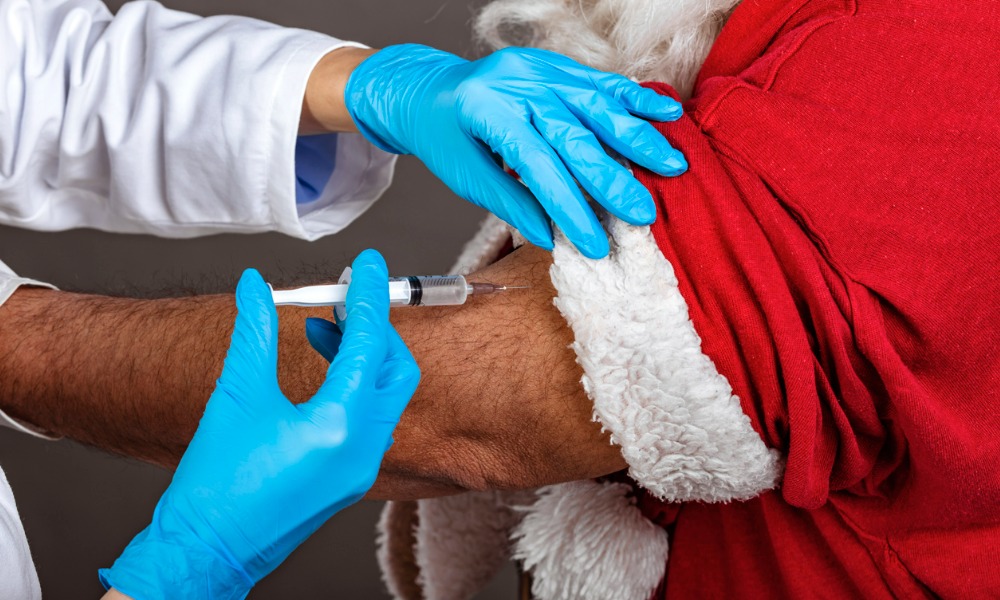
Failure to comply will result in a $5,000 fine

Northern Territory has introduced a sweeping vaccine mandate that will see employees fully immunised against COVID-19 by Christmas Eve. In an announcement, Chief Minister Michael Gunner said that a wide range of workers will need to have their first dose by November 13 or risk incurring a $5,000 fine.
"On Saturday, the 13th of November, if you have not received at least your first dose of a vaccine you will not be permitted to attend your workplace in that role and a failure to comply with the direction is a $5,000 fine," said Gunner in a press conference.
The applies to;
"If your job includes interacting with members of the public then you need to get the jab," added Gunner.
Read more: COVID-19: Should vaccine be mandatory in these sectors?
Mandated employees should have their second shot by December 24, according to the government, and employers are given the authority to request proof of vaccination from their employees to ensure compliance. Meanwhile, an earlier timeframe is ordered for select sectors across the state, including residential aged care workers, quarantine staff, and freight transport workers.
"We have always done our best, but we cannot hold Delta off forever. COVID-19 will be with us for years, and so we must shift to living with it," said Gunner in a statement.
Read more: Research reveals 70% of workers support vaccine mandates in the workplace
The vaccine mandate, however, was met with criticism from the opposition Country Liberal Party, with health spokesperson Bill Yan describing the policy as "draconian."
"If the government had been doing their job over the last 18 months, and from the point when the vaccination rollout was initially mooted last year, and it was done properly, we wouldn't have to see these draconian measures that we've seen today enforced on Territorians," he told ABC News in an interview.
According to Yan, the measures are putting pressure on employers and employees and is another "level of complexity" on businesses at a time when they "certainly don't need it."